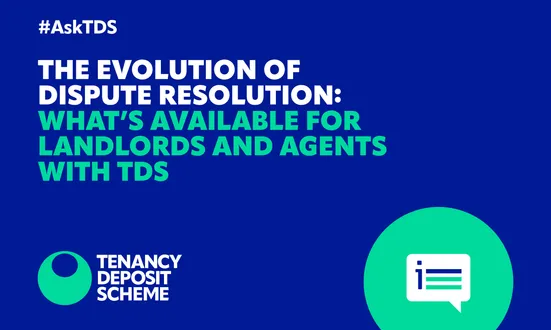A guest blog by Sia D Clayton, Head of Content at Goodlord.
The Tenant Fees Act introduced strict rules around when letting agents and landlords can retain and return a holding deposit. Here is everything you need to know.
Do you know what a referencing provider is asking applicants? You should, as knowing the criteria could have a major impact on whether a letting agent or landlord can legally retain a holding deposit, and when they should return it.
The Tenant Fees Act came into effect on 1 June 2019, introducing strict rules and legal obligations around returning or retaining holding deposits.
These introductions created a new emphasis for letting agents on the importance of knowing referencing criteria well and how to pre-qualify all applicants.
- What is a holding deposit?
- When can you retain an applicant’s holding deposit?
- When you should return an applicant’s holding deposit?
- How can you ensure your applicants provide accurate information?
- Can finance checks affect a holding deposit?
- How can you check if the information the tenant has provided is misleading?
What is a holding deposit?
A holding deposit is the money paid by – or on behalf of – a tenant to a landlord or letting agent to reserve a property, before signing an official tenancy agreement. The holding deposit, unlike the tenancy deposit, does not need to be protected in a government-authorised tenancy deposit protection scheme, as they are not held for the duration of the tenancy.
When can you retain an applicant’s holding deposit?
Under the Tenant Fees Act, there are only four grounds upon which a holding deposit can be retained by the letting agent or landlord.
These are:
- If the tenant fails a Right to Rent check;
- If the tenant provides false or misleading information;
- If the tenant pulls out of the application process before the deadline for agreement (15 calendar days after the holding deposit was taken to when the contract is signed and dated by both parties);
- If the tenant fails to take all reasonable steps to enter the tenancy agreement.
Free factsheet: English Tenant Fees Act
When should you return an applicant’s holding deposit?
The holding deposit will need to be returned to the tenant if:
- The letting agent or landlord pulls out of the application process before the deadline for agreement;
- The letting agent or landlord fails to take all reasonable steps to enter the tenancy agreement.
Even if the tenant fails a credit check, they should get a holding deposit refund, unless they provided false or misleading information.
How can you ensure your applicants provide accurate information?
Accurate information with referencing is important for holding deposits.
For example, if a tenant has provided you with completely accurate information but fails referencing, this will be classed as the letting agent or landlord pulling out of the application process and the holding fee will need to be refunded.
This means it’s vital you understand your referencing provider’s criteria for a pass or fail to accurately pre-qualify your potential applicants.
Free resource: A renter’s guide to moving home
Can finance checks affect a holding deposit?
A landlord or letting agent should ensure they know the “suitability requirements before taking a holding deposit”. This includes how much an applicant earns as their basic income.
As part of the referencing process, a prospective tenant will be asked to do a finance check to determine whether they will be able to reliably pay their rent on time. The applicant can decide whether this is done through open banking or by sending bank statements.
It is important for letting agents and landlords to ask the appropriate questions during the referencing process. If a letting agent or landlord does not like the prospective applicant’s references and wishes to withdraw from the agreement, they must return the holding deposit.
If the tenant has admitted to a poor credit history, landlords or letting agents should “consider whether additional financial assurances would be appropriate”, but they can’t withdraw their application and keep the holding deposit.
Find out more about open banking
How can you check if the information the tenant has provided is misleading?
A consistent referencing application is important proof to check whether the prospective tenant has provided false or misleading information. If a letting agent or landlord believes that an applicant has lied on their application, they can retain the holding deposit.
An application form that’s consistent with the agreed referencing criteria will be important proof if a tenant provides you with false or misleading information, as a letting agent or landlord must be able to prove the applicant has actively lied to retain the holding deposit.
A landlord or letting agent can keep a prospective tenant’s holding deposit if they provide misleading or incorrect information “which reasonably affects [their] decision to let the property”, and ultimately questions whether the applicant will be a suitable tenant. TDS API and Goodlord have integrated, saving agents up to 10 minutes per tenancy registration. You can read more about this integration with Goodlord here.

Protecting deposits with Tenancy Deposit Scheme is quick and easy. Choose from our FREE custodial scheme, or our best value Insured scheme.
The views expressed in this content are solely those of the author alone and do not necessarily represent the views of TDS, its officers, or employees.
Other news stories


